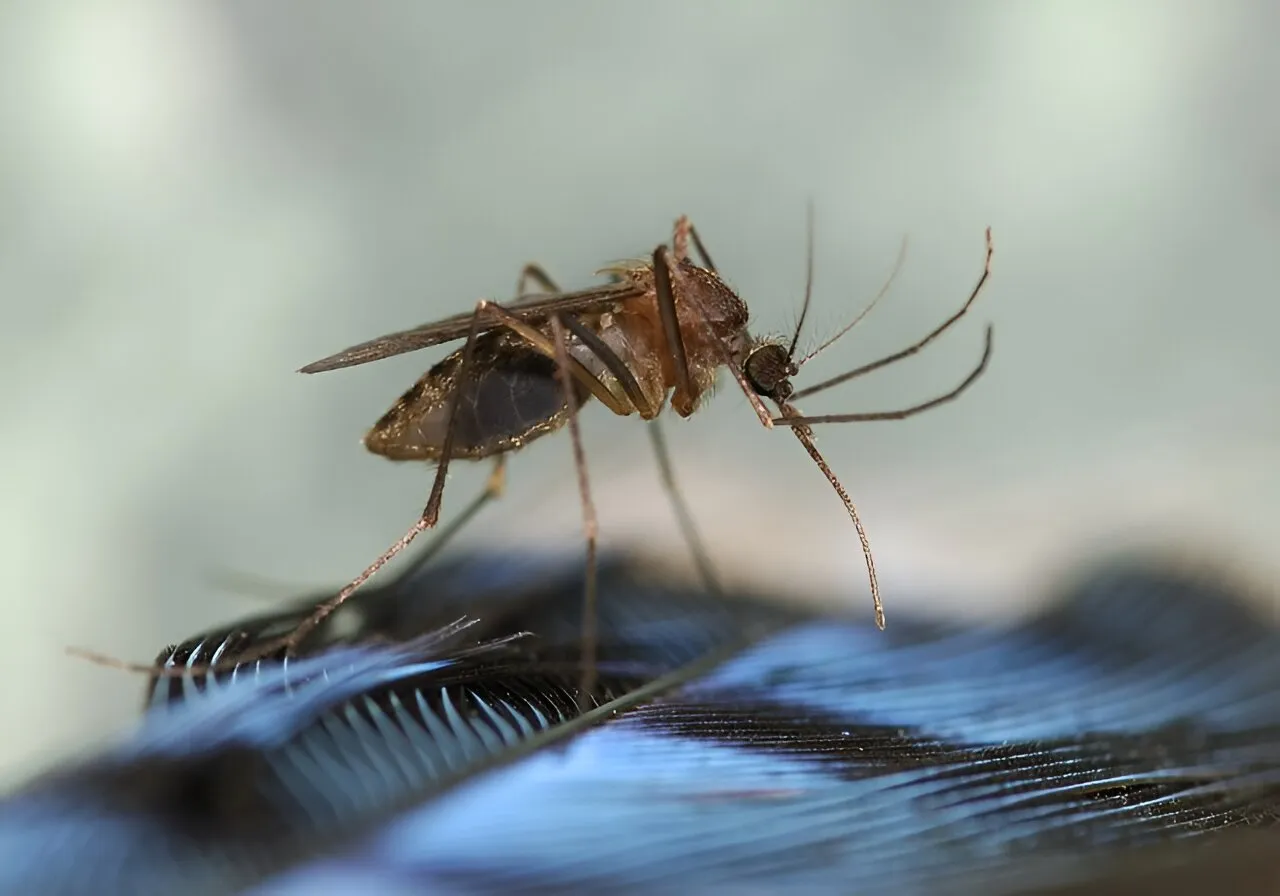Medicine Research: The Impact of Climate Change on Mosquito-Borne Diseases

Understanding Climate Change and Mosquito-Borne Diseases
Health research shows that climate change significantly affects the spread of mosquito-borne diseases. Diseases such as Eastern equine encephalitis (EEE) are becoming more prevalent as warmer temperatures expand mosquito habitats.
The Severity of Eastern Equine Encephalitis
Eastern equine encephalitis is a serious disease that leads to severe fever, seizures, and other neurological symptoms. About a third of EEE cases result in death, highlighting the urgent need for research and preventive measures.
Climate Change Effects on Disease Spread
Health science indicates that climate change influences mosquito breeding patterns. Increased temperatures and changes in precipitation create ideal conditions for mosquitoes to thrive. This not only poses a risk for EEE but also other mosquito-borne illnesses.
Research and Prevention Strategies
- Research collaboration between health institutions
- Public awareness campaigns on disease prevention
- Innovative mosquito control methods
- Integration of health research with environmental strategies
It's essential for ongoing health research to adapt to these threats, recognizing how medicine science can contribute to effective public health responses.
This article was prepared using information from open sources in accordance with the principles of Ethical Policy. The editorial team is not responsible for absolute accuracy, as it relies on data from the sources referenced.